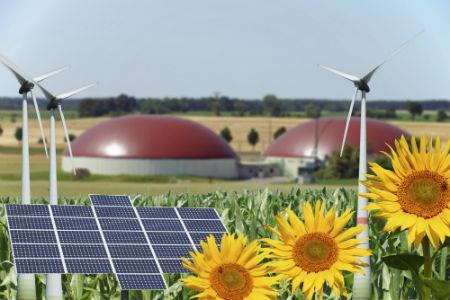Willis’s global head of natural resources, Rupert Mackenzie, warned that insurers’ profitability challenges are mounting.
Energy insurers are chasing market share at the expense of profitability as competition intensifies across the sector, according to Willis’s latest Energy Market Review.

The report says the energy insurance market is continuing to soften, with capacity at a record high and rate reductions accelerating in both upstream and downstream lines.
Downstream insurers have been cutting rates aggressively following a benign 2024, with recent underwriting discipline giving way to a rush for business.
Despite this, the report notes that $1.5bn in potential losses have already emerged in the first quarter of 2025 — exceeding the full-year total for 2024 — raising questions over whether the pace of softening can continue.
Upstream capacity has grown by around 5% after a quiet year for losses.
With underwriters competing for signings and increasingly willing to take on lead positions, pricing continues to fall, even for construction risks — a historically loss-heavy segment. Some insurers have already exhausted their construction budgets for the year.
In contrast, the US casualty market is resisting the broader softening trend.
Social inflation and rising claims severity are driving increased caution, particularly in the oilfield services segment.
Primary liability remains stable, but the report forecasts no improvement in conditions across 2025.
Willis’s global head of natural resources, Rupert Mackenzie, said insurer appetite for energy business remains strong, but warned profitability challenges are mounting.
“There is a clear flight to quality,” he said. “The best risks are still getting the best terms, but the competition for those accounts is fierce.”
The review also identifies energy storage as an emerging area of focus, with growing demand linked to the wider electrification and decarbonisation agenda.
While promising greater grid stability, storage technologies bring new exposures, including supply chain risks and safety concerns.
Marie Reiter, the broker’s global head of broking strategy for natural resources, described 2025 as a “pivotal year” for the energy transition.
She urged companies to invest in risk management and work with insurers to develop tailored solutions for energy transition that can support both fossil fuel investments and long-term decarbonisation goals.










No comments yet